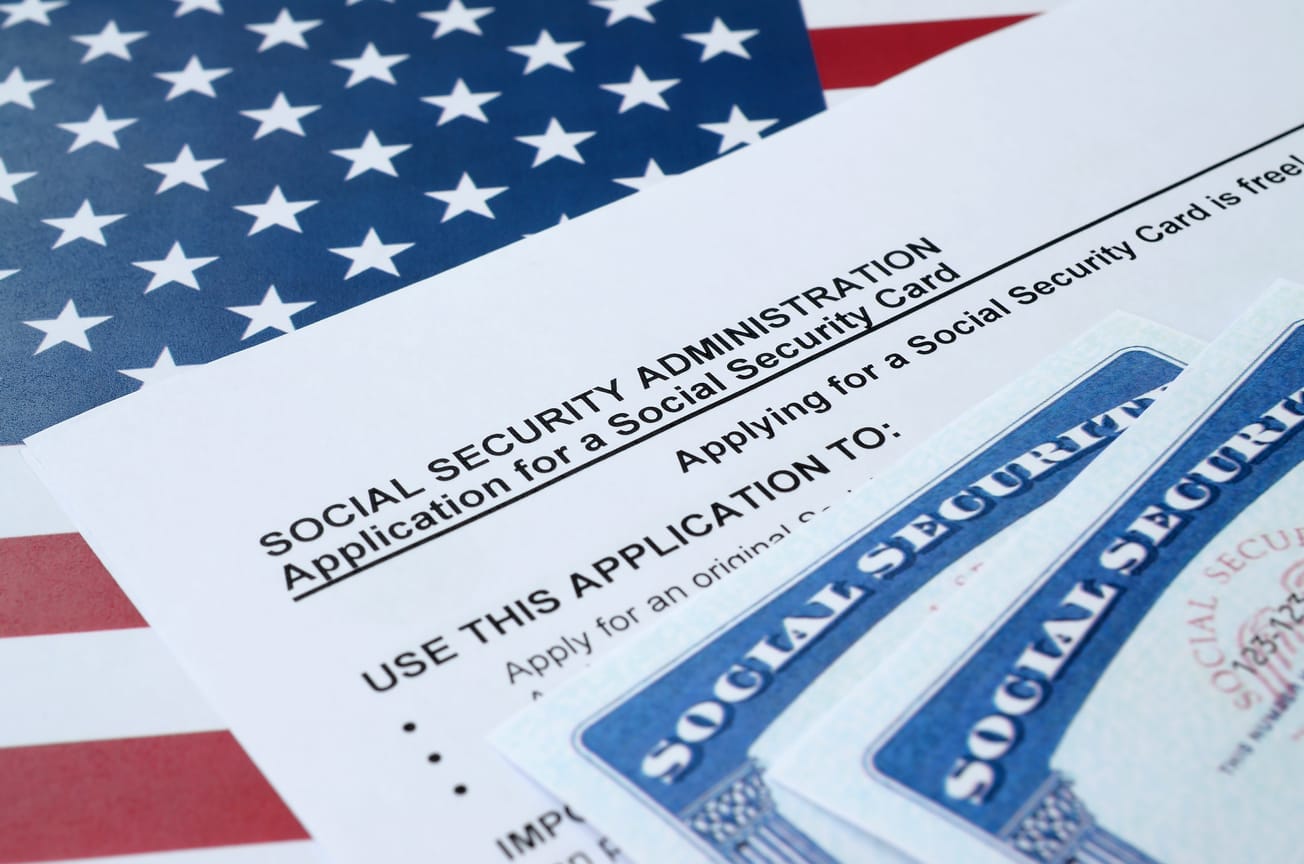A 2023 national survey revealed a shift in public opinion over the past decade about the value of a college degree: 56% of Americans think a four-year college degree is not worth the cost due to students graduating with significant debt and a lack of specific job skills vs. 42% who believe college is worth it. The survey numbers have almost reversed from ten years ago, while college enrollment has declined by about 15% over the same period.
A public school like Stockton University estimates their Cost of Attendance at $30,812 for NJ residents for the 2023-24 school year for undergraduate studies. Private schools like Seton Hall estimate their cost of attendance to be just over $51,000 for the year.
These sky-high costs and growing skepticism are not the only factors playing into enrollment declines. A hot job market and higher earnings for less-educated workers have made it easier for high school graduates to justify skipping college and heading straight into the workforce. At the same time, alternative forms of job training, such as apprenticeships and certificate programs, have become more prevalent and are increasingly seen as viable educational paths toward a good job.
The specter of student loans
Many students need to take out federal, and sometimes private, loans to cover college expenses. About 54% of the class of 2021 graduated with student debt averaging $29,100.
Interest rates on federal student loans are based on the rate for the 10-year U.S. Treasury note and reset each year. For the 2023-2024 school year, rates have increased again and are now the highest in a decade making these loans more expensive to service.
In August 2022, an executive order canceled up to $10,000 in federal student loans ($20,000 for Pell Grant recipients) for borrowers with incomes below certain limits, but the order was struck down by the U.S. Supreme Court in June 2023.
Nine repayment pauses have been in effect since the pandemic began in March 2020, but payments will soon start again in October — a sobering reality for millions of borrowers after three-and-a-half years of reprieve.
Will college pay off?
Given the costs associated with attending a college, it is certainly worth looking at some data to determine whether going to college is still a worthy investment. While some degrees are certainly more lucrative than others, on average college does indeed pay off. Per JPMorgan, the average annual earnings for an employee with a college degree is roughly 88% higher or $80,382 vs. $42,851 for those with just a high school diploma. Employees with professional degrees earn a whopping 265% more than those with just a high school diploma or around $113,454 annually. Costs of college have certainly inflated over the years, however, salaries for the educated employee have as well. While college may not be right for everyone, it can still provide ample return on investment setting up graduates for lifetime prosperity.










